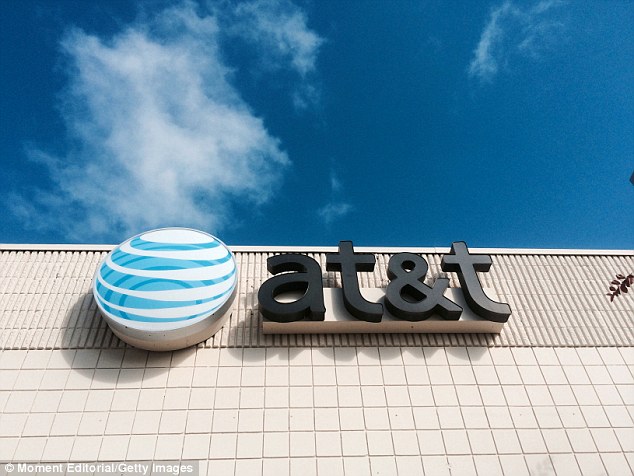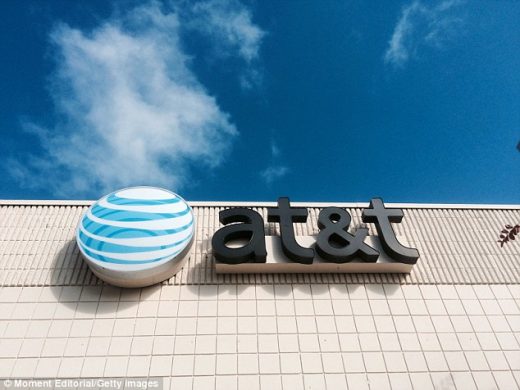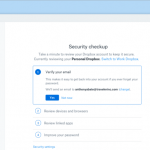AT&T Pulls Plug On Pay-For-Privacy Pricing
by Wendy Davis, Staff Writer @wendyndavis, September 30, 2016
AT&T will no longer charge some U-Verse subscribers higher fees to avoid targeted advertising, the company confirmed today.

Instead, AT&T says it will charge all subscribers the lowest rates offered for their speed tiers. “To simplify our offering for our customers, we plan to end the optional Internet Preferences advertising program related to our fastest internet speed tiers,” a spokesman stated in an email to MediaPost. “As a result, all customers on these tiers will receive the best rate we have available for their speed tier in their area.”
AT&T will phase in the new pricing next month. The company’s move was first reported this morning by Ars Technica.
AT&T pioneered pay-for-privacy pricing in 2013, when it launched a high-speed U-Verse network in Austin, Texas. At the time, the company said it would offer a cheaper plan to people who were willing to receive ads targeted based on their Web activity.
The company rolled out a similar plan in Kansas City last year, when it launched a 1 GB fiber network. Subscribers who agreed to accept the company’s Internet Preferences ad-targeting program were able to purchase 1 GB service for $70 a month, while subscribers who didn’t opt in were charged $99 a month (before taxes and fees) in that market. In some areas, the cost of avoiding ad targeting came to as much as $66 a month, including fees and taxes.
AT&T’s change of course comes as the Federal Communications Commission is considering issuing new privacy rules for broadband providers. The proposed rules would prohibit broadband providers to obtain subscribers’ opt-in consent before using data about their Web history for ad-targeting purposes. When the FCC sought comment on the proposal, it also asked whether broadband providers should be allowed to charge people higher fees to avoid online tracking.
Several commenters, including Sen. Elizabeth Warren (D-Mass.) and other lawmakers, urged the FCC to prohibit pay-for-privacy pricing scheme. “Privacy is not a luxury good reserved only for the wealthy,” Warren and other senators wrote to the FCC earlier this year.
Comcast, on the other hand, asked the FCC to allow broadband providers to continue to charge a premium to people who want to avoid online tracking.
“A bargained-for exchange of information for service is a perfectly acceptable and widely used model throughout the U.S. economy, including the Internet ecosystem, and is consistent with decades of legal precedent and policy goals related to consumer protection and privacy,” Comcast told regulators last month.
The cable provider added that a prohibition on a pay-for-privacy pricing system “would harm consumers by, among other things, depriving them of lower-priced offerings.”
MediaPost.com: Search Marketing Daily
(27)













